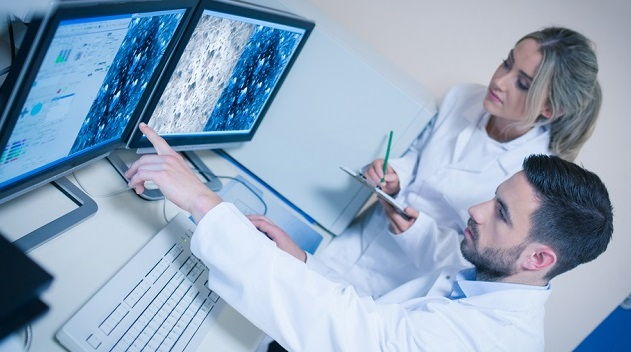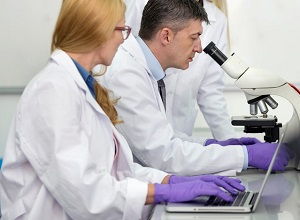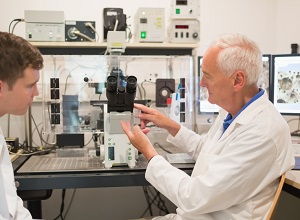Career - Microbiology

Microbiology is the study of microscopic organisms including both single-celled organisms such as bacteria, fungi, protozoa and algae, as well as multi-celled organisms such as parasites. Microbiology is usually included as a Medical Science (Bachelor degree) subject where micro-organisms associated with pathological conditions are the major focus. Besides general microbiology, Medical Science degrees often include more advanced microbiology subjects such as clinical / medical microbiology focusing heavily on diagnostics and treatment. Microbiology subjects are often studied in conjunction with biochemistry, cell biology and molecular biology as these subjects have a lot of inter-relating aspects. Medical Science graduates most commonly find employment as laboratory assistants, laboratory technicians, laboratory scientists and laboratory officers in pathology, hospital and other diagnostic laboratories. Most pathology and hospital labs have dedicated microbiology departments. Due to the tailored nature of Medical Science degrees, graduates usually find employment without the requirement for further higher degree study (Honours, Masters or PhD). However, if higher degree study is completed, Microbiologists are highly sought after in academic research, teaching and within the biotechnology industry. Biotechnology involves the use of micro-organisms to produce products. Micro-organisms are often used in the production of antibiotics, hormones, vitamins, enzymes and a range of other pharmaceutical products.














